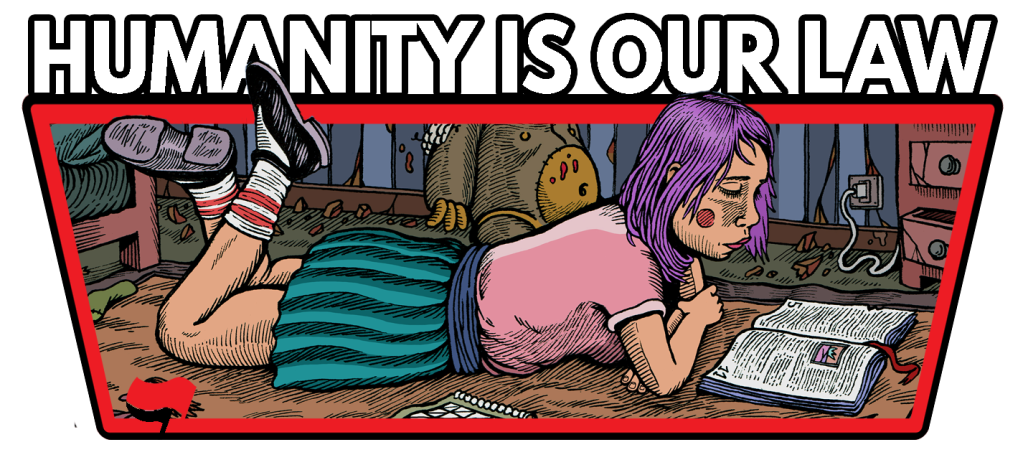Scroll down for English version
E niente, alla fine il governo italiano ha cambiato parte politica, ma non politiche. Gli accordi con il “governo” libico sono rimasti invariati: il governo italiano ha deciso che i diritti umani sono superflui, che è possibile seviziare, stuprare, uccidere. L’importante è che ciò avvenga sul suolo libico.
Noi abbiamo conosciuto qualcuno che è passato dai campi libici, in particolare S ha avuto possibilità di prendersene cura per qualche tempo.
Qualche anno fa, un ragazzo del Gambia è stato ricoverato per una tubercolosi polmonare. Era in isolamento. in genere, quando le persone stanno in isolamento, sfruttano il momento della visita medica per parlare. Lui no. Lui rispondeva a monosillabi, la visita medica quotidiana sembrava una scocciatura.
Dopo 2 settimane così, finalmente risponde a qualche domanda in più. Giocava a calcio, diceva di essere stato in nazionale in Gambia.
Un giorno, gli chiedo una cosa che mi aveva incuriosito fin da subito: aveva delle cicatrici quadrate sulla schiena e non capivamo perché.
“No man, I don’t wanna talk”
Passa un’altra settimana. E stavolta me lo dice: nel campo in Libia dove è stato rinchiuso per quasi un anno, c’era una guardia che, senza motivo, ogni tanto li picchiava con un martello. O uccideva con il martello.
Quel giorno mi raccontò del perché lui e sua sorella, orfani, scapparono dal Gambia e vennero raccolti dai trafficanti di esseri umani. Mi raccontò che tentarono una prima traversata, ma naufragarono molto presto. Lei morì, lui fu raccolto dalla guardia costiera libica e incarcerato in un campo.
Riuscì a prendere di nuovo il mare dopo che il lager fu abbandonato dalle guardie.
Arrivò in Italia, con la speranza di poter dimostrare il suo talento.
Il governo italiano è stato complice di quelle sevizie. E continua a essere complice di chissà quali altre sevizie, stupri e assassinii.
L’umanità è la nostra legge

And in the end, the Italian government changed its political side, but not its policies. The agreements with the Libyan “government” remained unchanged: the Italian government has decided that human rights are irrelevant, that it is possible to torture, rape, and kill. The important thing is that it happens on Libyan soil.
We have met someone who has passed through the Libyan camps, and in particular, S had the opportunity to take care of him for some time.
A few years ago, a young man from Gambia was hospitalized for pulmonary tuberculosis. He was in isolation. Usually, when people are in isolation, they take advantage of the medical visit to talk. Not him. He responded with monosyllables, and the daily medical visit seemed like a nuisance.
After two weeks like that, he finally started answering a few more questions. He played soccer and said he had been in the national team in Gambia.
One day, I asked him something that had intrigued me from the beginning: he had square scars on his back, and we couldn’t understand why.
“No man, I don’t wanna talk.”
Another week passed. And this time, he told me: in the camp in Libya where he was locked up for almost a year, there was a guard who, for no reason, would sometimes beat them with a hammer. Or kill them with the hammer.
That day he told me why he and his sister, orphans, escaped from Gambia and were picked up by human traffickers. He told me they attempted a first crossing but sank very soon. She died, and he was picked up by the Libyan coast guard and imprisoned in a camp.
He managed to take to the sea again after the camp was abandoned by the guards.
He arrived in Italy, hoping to showcase his talent.
The Italian government was an accomplice to those tortures. And it continues to be an accomplice to who knows what other tortures, rapes, and killings.
